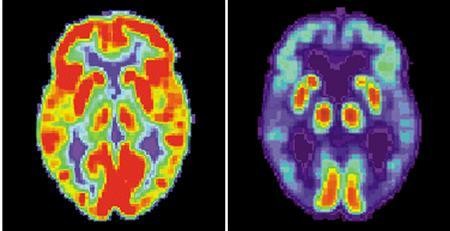Everyone's brain ages, but the way that happens differs. A new IoM-AARP study includes three actions to effectively slow down "cognitive aging" and promote brain health.
Brain aging and becoming more forgetful is part of humans' aging process. A joint Institute of Medicine (IoM) and AARP study focuses on people's decaying memory due to the aging process.
In the study, 93 percent of seniors said that brain health was extremely important. Debra Whitman, AARP chief policy officer, says that the report "empowers consumers" in getting control of their health.
Whitman explains that a healthy lifestyle involves people being physically, mentally, and socially active, according to Daily Times Gazette. This improves their brain's health.
The report lists several ways to slow down the brain's aging process. Being physically active improves a person's physical and mental health, benefiting activities such thinking exams.
Better cardiovascular health is another way to protect the brain's health. Healthy blood vessels and hearts can result in healthier brains due to a decreased risk of strokes, according to USA Today.
People should also be cautious about prescription medicines and medical conditions that could negatively affect thinking. For example, sleeping pills and diabetes have been linked to cognitive aging.
There are secondary steps that people can take to promote brain health. Getting enough sleep is important to slow down the brain's aging process. Sleepiness zaps brain cells and speeds up cognitive aging.
An interesting result in the IoM-AARP study is that brain-training games can indeed improve people's memory. However, it might not affect real world activities-they still might forget their keys at home.
Dan Blazer, professor at Duke University Medical Center, says that the ways that the brain ages include a "wide variability." They can include rises in knowledge and wisdom, and drops in attention and memory.
Still, Blazer says that the study shows that there is a "message of hope."





















